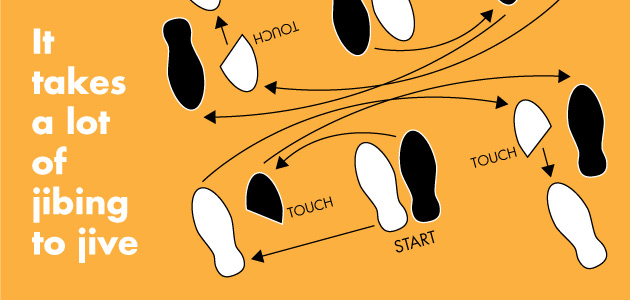
As promised in a previous column, here are more commonly misused words.
Jive vs. Jibe
Jive means to tease or to dance the jive. Jibe means to agree or be in accord.
Disinterested vs. Uninterested
Disinterested means impartial, having no personal interest. Uninterested means not interested (maybe because something is boring).
Tenant vs. Tenet
Tenant is someone who pays rent to reside on property. Tenet is a principle held as true, especially by a group.
Fewer vs. Less
If you can count it, use fewer; if not, use less.
Fewer people. Less salt.
Imply vs. Infer
Imply means to suggest indirectly or communicate subtly. Infer is to interpret or conclude based on information.
Capital vs. Capitol
A noun, capital is a city serving as a government center, wealth in the form of money, and a capital letter. As an adjective, it means principal involving financial assets or the death penalty. Capitol is a U.S. state or federal legislature building. State capitols are in the capital cities and the Capitol is in the capital city of the U.S.
Purposely vs. Purposefully
Purposely is something done intentionally. Purposefully refers to the demeanor or manner of someone determined or resolute. To convey a message without speaking, you might purposefully widen your eyes.
Continuous vs. Continual
Continuous means constant or without interruption. Continual means occurring repeatedly or recurring. A continual action doesn’t happen ceaselessly, but it does happen regularly.
Biannual vs. Semiannual vs. Biennial
Biannual events take place twice a year, just like semiannual events, which occur every half year. A biennial event happens every other year.
Complement vs. Compliment
Complement means supplement. Compliment is saying something nice.
Adverse vs. Averse
Adverse is unfavorable. Averse means reluctant.
Insure vs. Ensure
Insure refers to insurance. Ensure means to guarantee.
This is fun. Keep ‘em coming.


0 comments on “Legal Writing Tip: All Too Common Usage Mistakes, Part II”